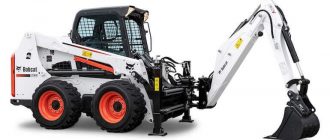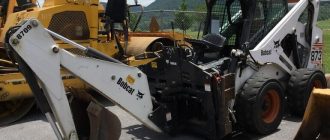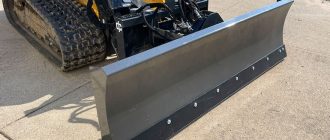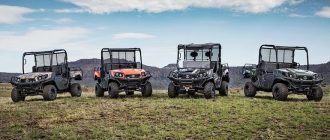- Small Properties (1-5 Acres)
- Medium Properties (5-10 Acres)
- Large Properties (10-20 Acres)
- Very Large Properties (20+ Acres)
- Additional Factors to Consider When Choosing a Tractor
- Terrain and Soil Type
- Comfort and Ergonomics
- Attachments and Implements
- Maintenance and Durability
- Budget and Financing
- Brand Reputation and Dealer Support
- Resale Value
Choosing the right size compact utility tractor is essential for efficiently managing your property and tasks. The size of your tractor should be based on the acreage of your land and the specific capabilities you need for your projects.
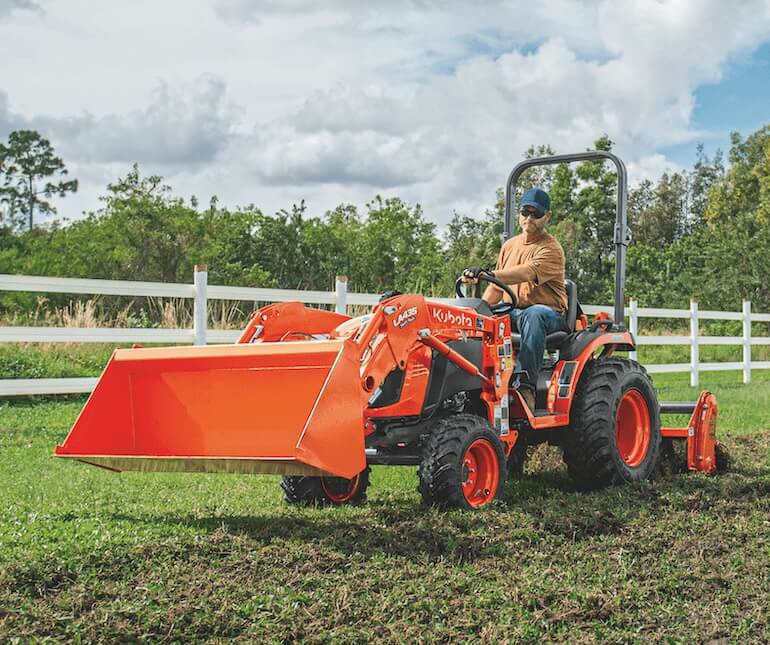
Here’s a guide to help you determine the appropriate size tractor for your needs:
Small Properties (1-5 Acres)
For smaller properties, a compact tractor with 20-30 horsepower (HP) is generally sufficient. These tractors are versatile and can handle tasks such as mowing, light landscaping, and hauling small loads.
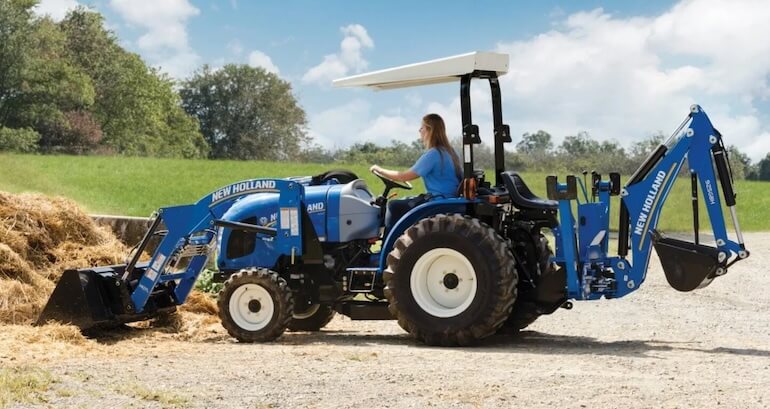
They are easy to maneuver in tight spaces and perfect for residential use.
Capabilities:
- Lawn mowing
- Light grading
- Small-scale gardening
- Snow removal
- Hauling mulch or firewood
Medium Properties (5-10 Acres)
If you have a medium-sized property, consider a 30-40 HP utility tractor. This size provides more power for heavier tasks while still being manageable for the average homeowner.
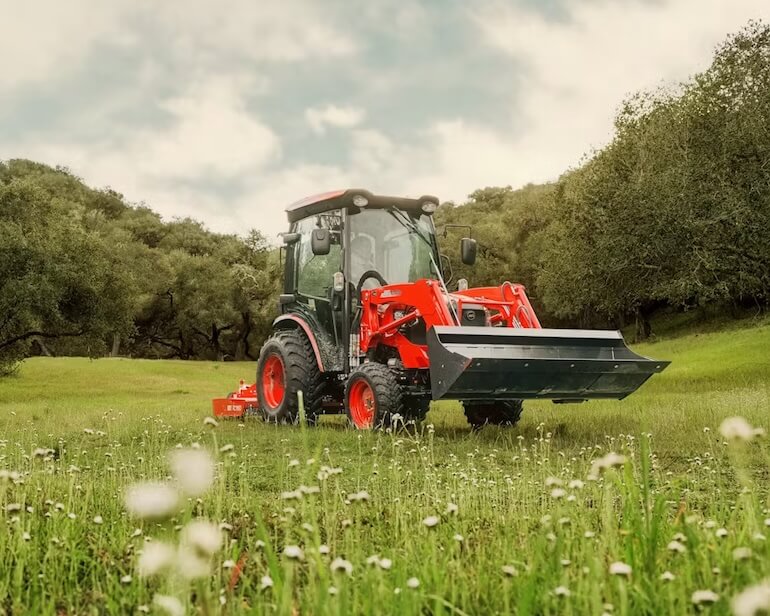
These tractors can handle larger attachments and are ideal for more intensive landscaping and maintenance tasks.
Capabilities:
- Mowing larger fields
- Medium-scale landscaping
- Light tilling and plowing
- Moving heavy materials
- Basic land clearing
Large Properties (10-20 Acres)
For larger properties, a tractor with 40-60 HP is recommended. These tractors offer the power needed for more demanding tasks and can support larger implements, making them suitable for small-scale farming and extensive land management.
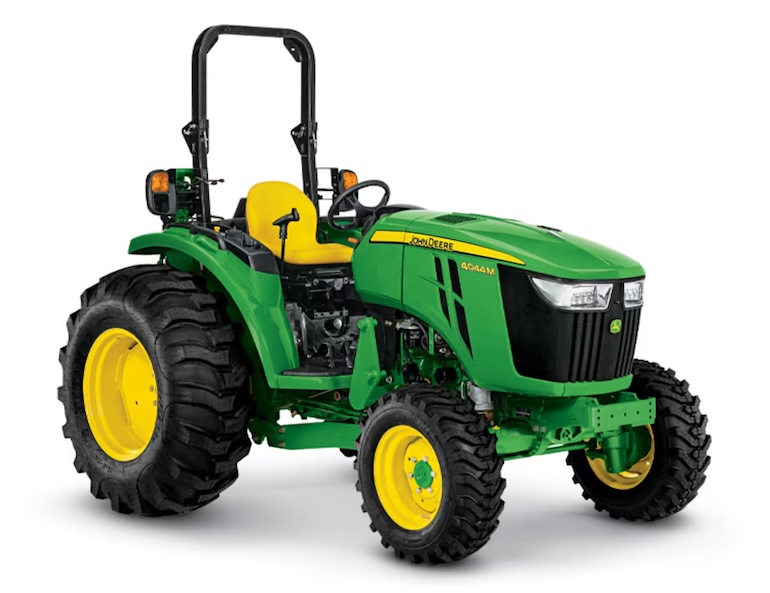
Capabilities:
- Large field mowing
- Heavy landscaping
- Tilling and plowing large gardens
- Forestry work
- Material transport and loading
Very Large Properties (20+ Acres)
For properties over 20 acres, you may need a compact utility tractor with over 60 HP. These powerful tractors can handle extensive agricultural tasks and are capable of operating large attachments for farming, land clearing, and heavy-duty maintenance.
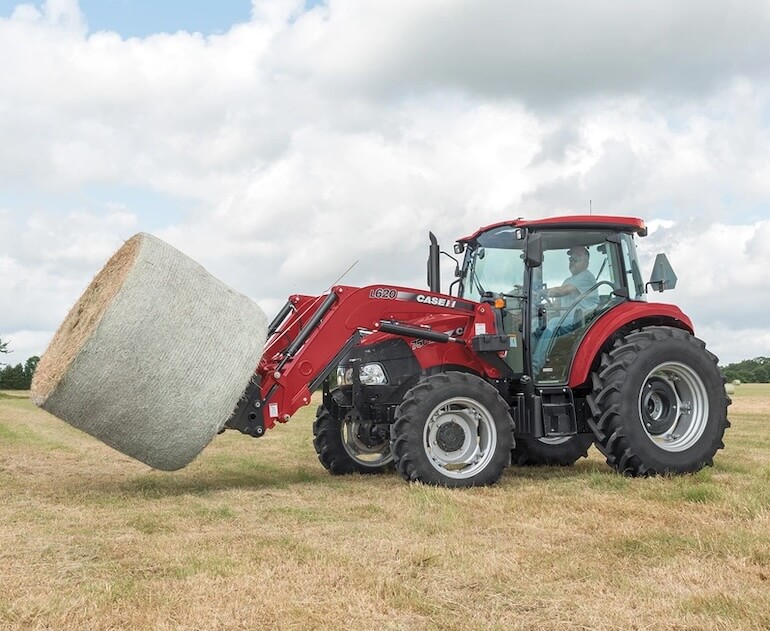
Capabilities:
- Farming operations
- Large-scale tilling and plowing
- Heavy-duty land clearing
- Hay production
- Commercial landscaping
Selecting the right size compact utility tractor involves assessing your acreage and the specific tasks you need to accomplish. By considering these factors, you can choose a tractor that will be efficient, effective, and a valuable asset for maintaining and improving your property.
Additional Factors to Consider When Choosing a Tractor
While acreage and capability are crucial when selecting a compact utility tractor, several other factors should also influence your decision. These additional considerations can help ensure that the tractor you choose meets all your needs and provides the best performance and value for your investment.
Terrain and Soil Type
- Terrain: If your property has hilly or uneven terrain, a tractor with four-wheel drive (4WD) and a low center of gravity will provide better stability and traction. For flat terrain, a two-wheel drive (2WD) tractor may suffice.
- Soil Type: Sandy or loose soil may require a tractor with more power and suitable tires for better traction. Clay or rocky soil may necessitate a stronger tractor to handle the tougher conditions.
Comfort and Ergonomics
- Operator Comfort: Look for tractors with comfortable seating, easy-to-reach controls, and an ergonomic design to reduce operator fatigue during long hours of use.
- Cabin Features: Consider whether you need a cab for protection from the elements. Cab options may include heating, air conditioning, and soundproofing, which can be crucial for comfort and productivity in various weather conditions.
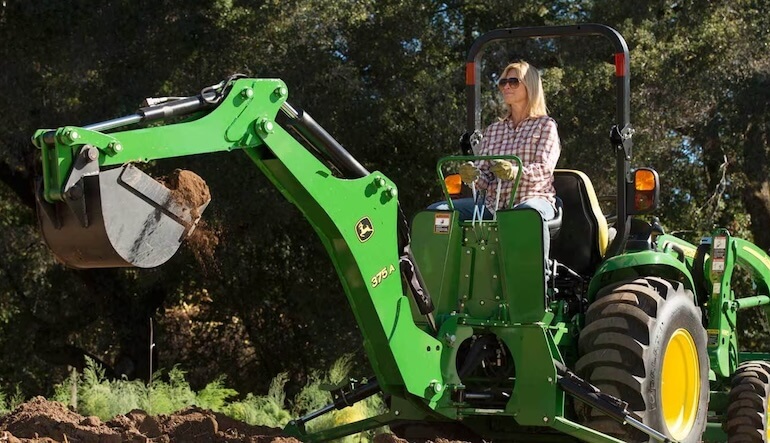
Attachments and Implements
- Compatibility: Ensure that the tractor can accommodate the attachments and implements you need. Common attachments include loaders, mowers, tillers, post-hole diggers, and backhoes.
- Hydraulic System: Check the hydraulic capacity and the number of hydraulic outlets. Adequate hydraulic power is necessary for operating various attachments efficiently.
Maintenance and Durability
- Ease of Maintenance: Choose a tractor with easy access to maintenance points, such as oil filters, air filters, and fuel filters. This makes routine maintenance simpler and less time-consuming.
- Durability: Consider the build quality and reputation of the manufacturer. A well-built, durable tractor can reduce downtime and maintenance costs over time.
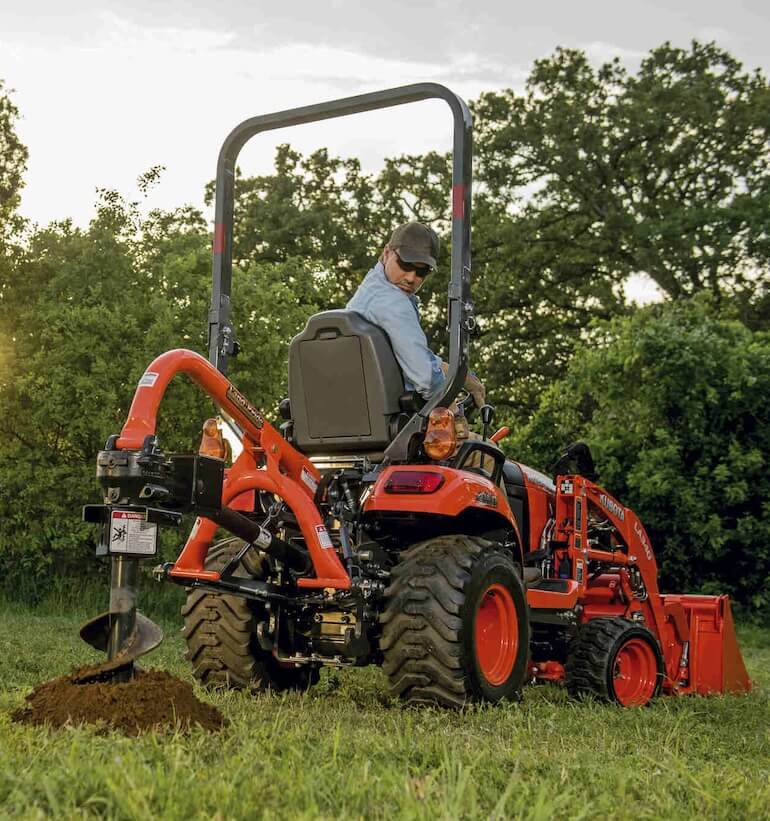
Budget and Financing
- Initial Cost: Determine your budget for the tractor purchase. While it can be tempting to buy the largest and most powerful model, ensure it fits within your financial constraints.
- Financing Options: Look for financing options that can make purchasing a tractor more manageable. Many manufacturers and dealers offer financing plans with various terms and interest rates.
- Operating Costs: Consider long-term costs, including fuel consumption, maintenance, and potential repairs. More powerful tractors may have higher operating costs.
Brand Reputation and Dealer Support
- Brand Reputation: Research different tractor brands and their reputations for reliability, durability, and customer satisfaction. Brands with positive reviews and a history of quality products can be a safer choice.
- Dealer Support: A good relationship with a local dealer can be invaluable. Consider the availability of parts, service support, and the dealer’s reputation for customer service. Proximity to a dealer can also reduce downtime for repairs and maintenance.
Resale Value
- Depreciation: Some tractor brands and models retain their value better than others. If you plan to upgrade or sell your tractor in the future, consider the potential resale value.
- Market Demand: Popular models with high demand may have better resale value and be easier to sell when the time comes.
Choosing the right tractor involves more than just considering acreage and capability. By evaluating terrain, comfort, attachment compatibility, maintenance needs, budget, brand reputation, dealer support, and resale value, you can make a well-informed decision that ensures your tractor meets all your current and future needs.
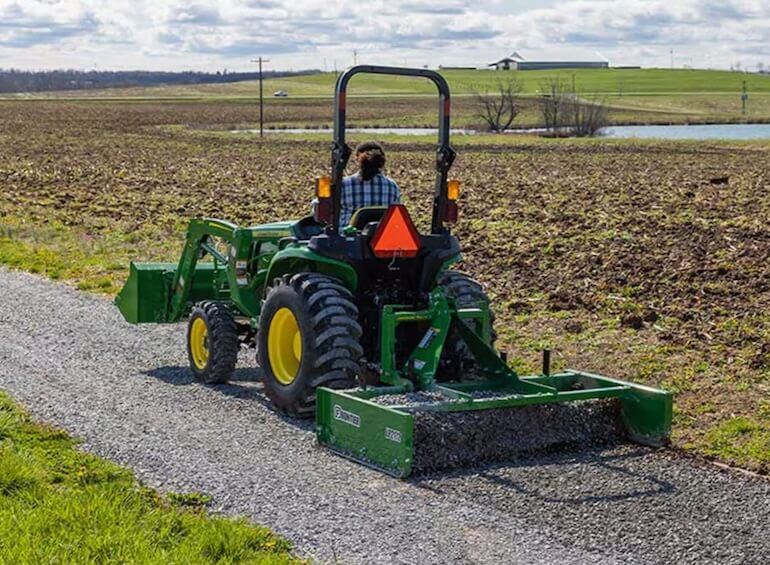
Taking the time to consider these factors will help you invest in a tractor that provides long-lasting performance and value.
